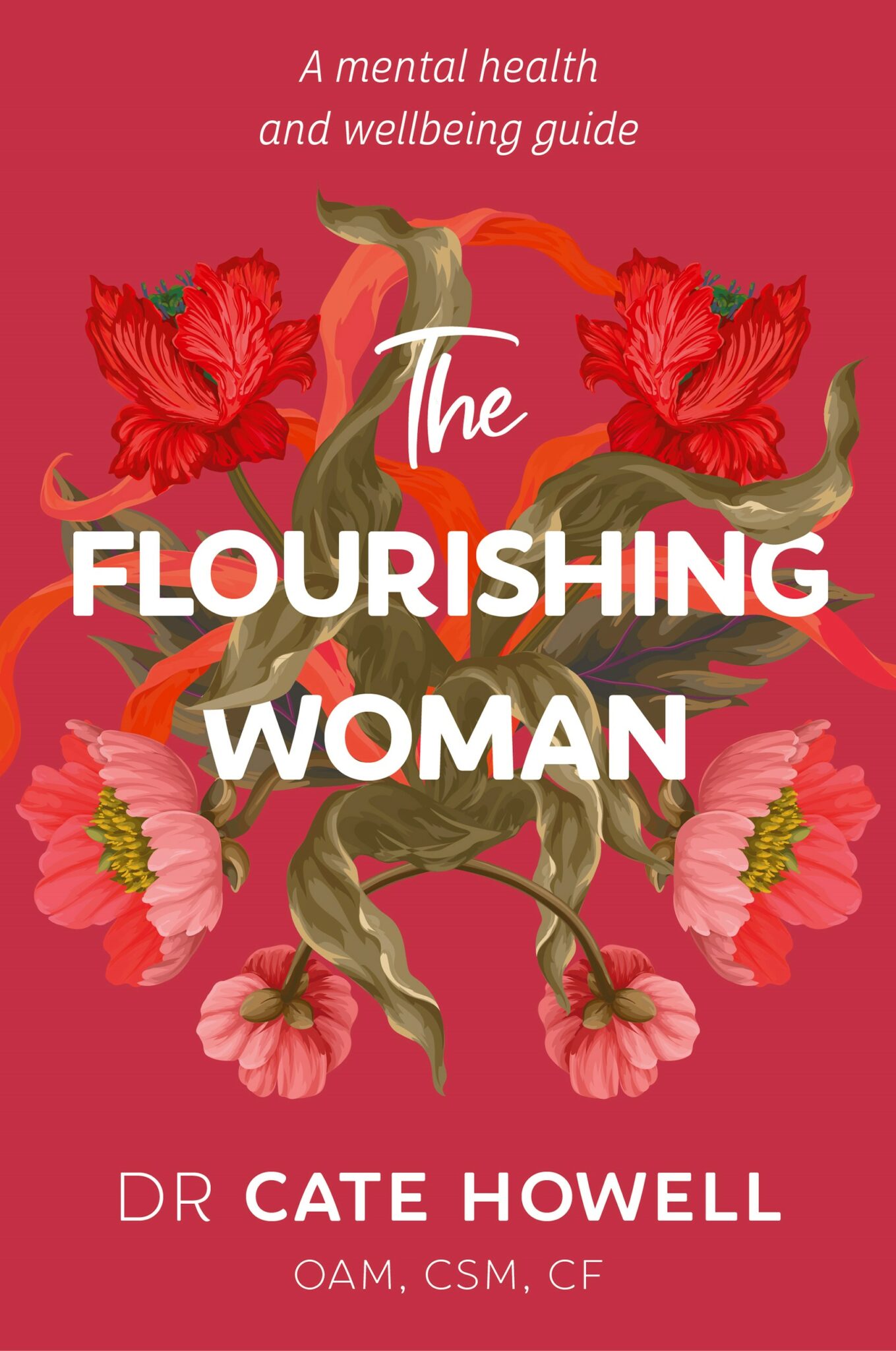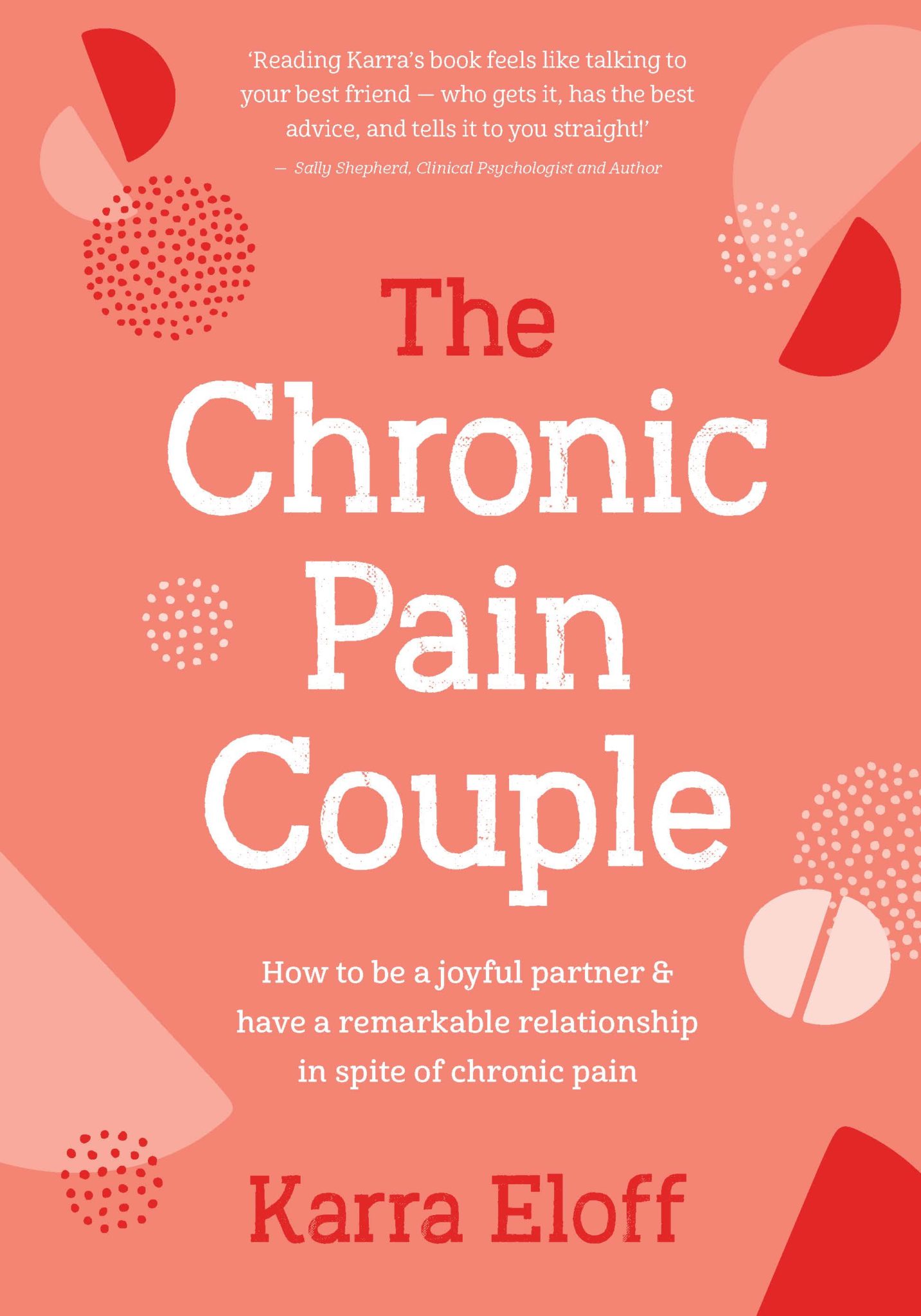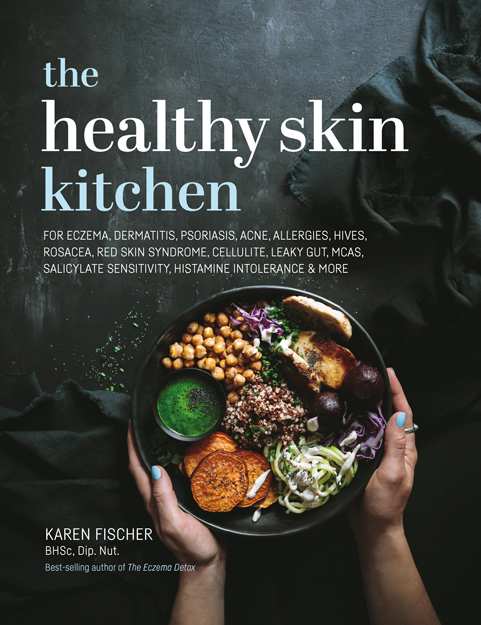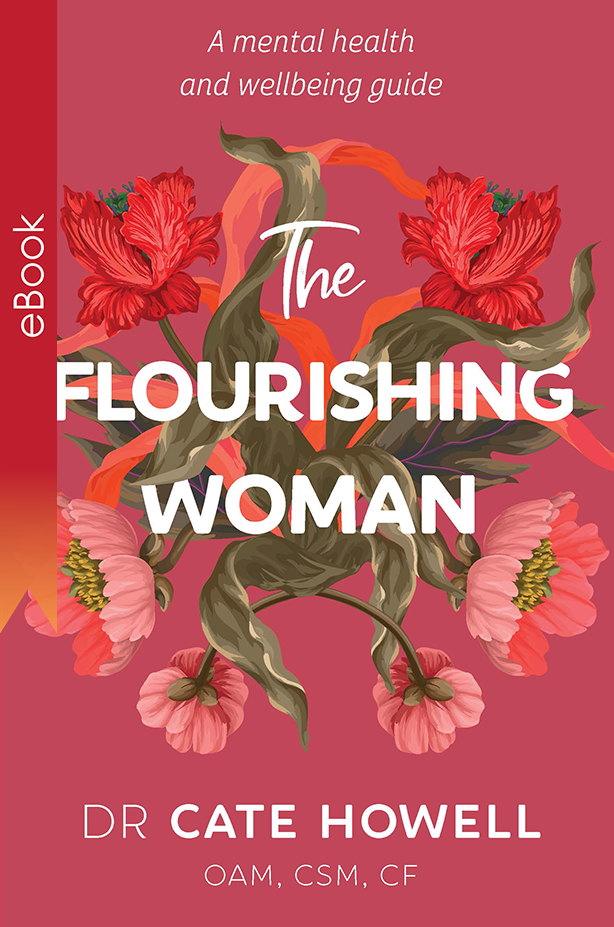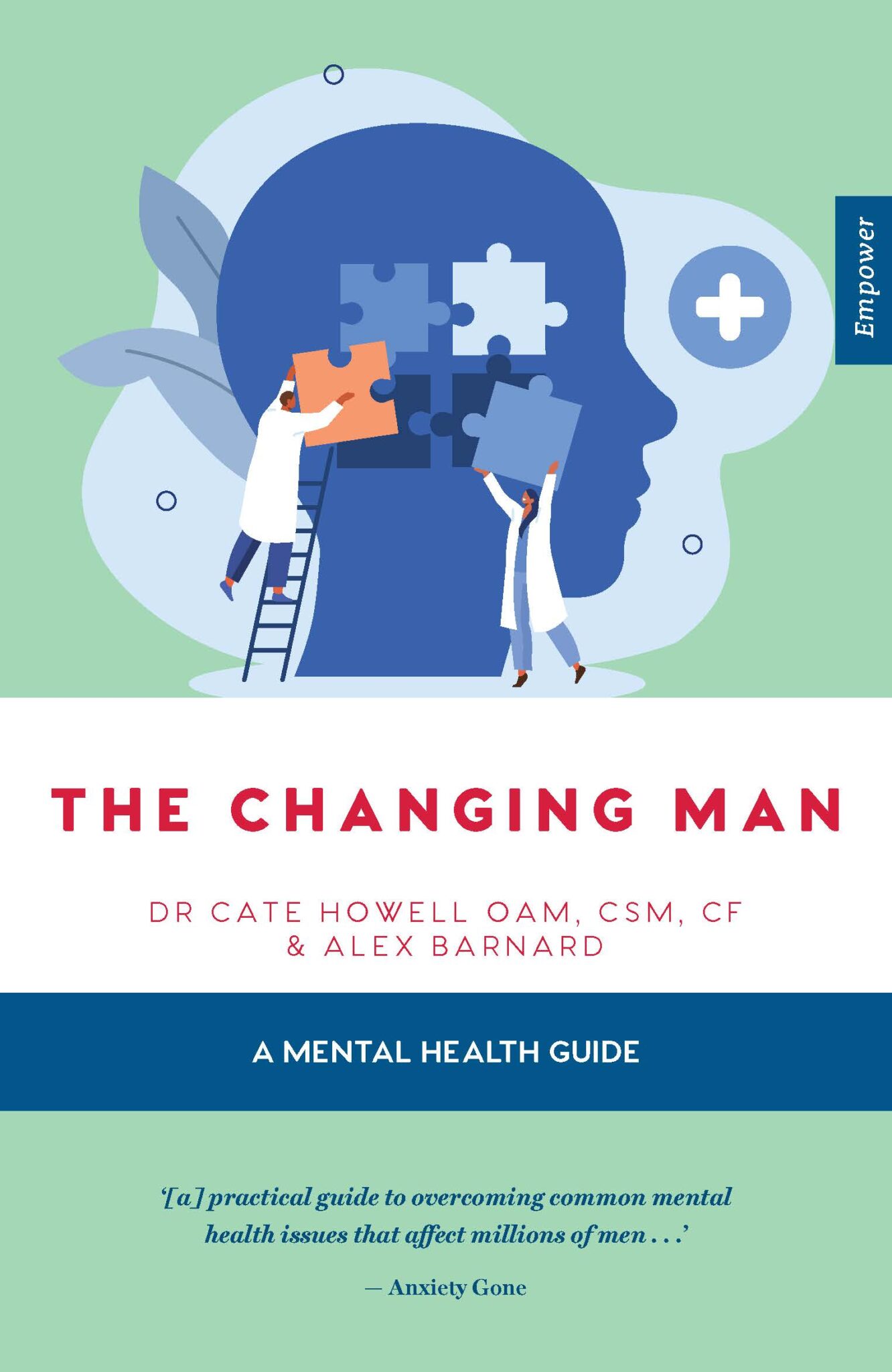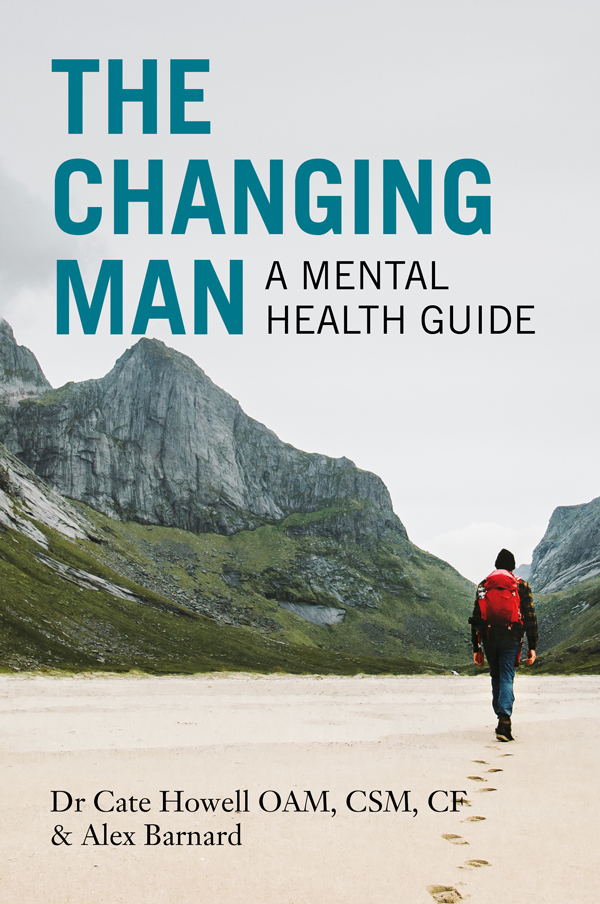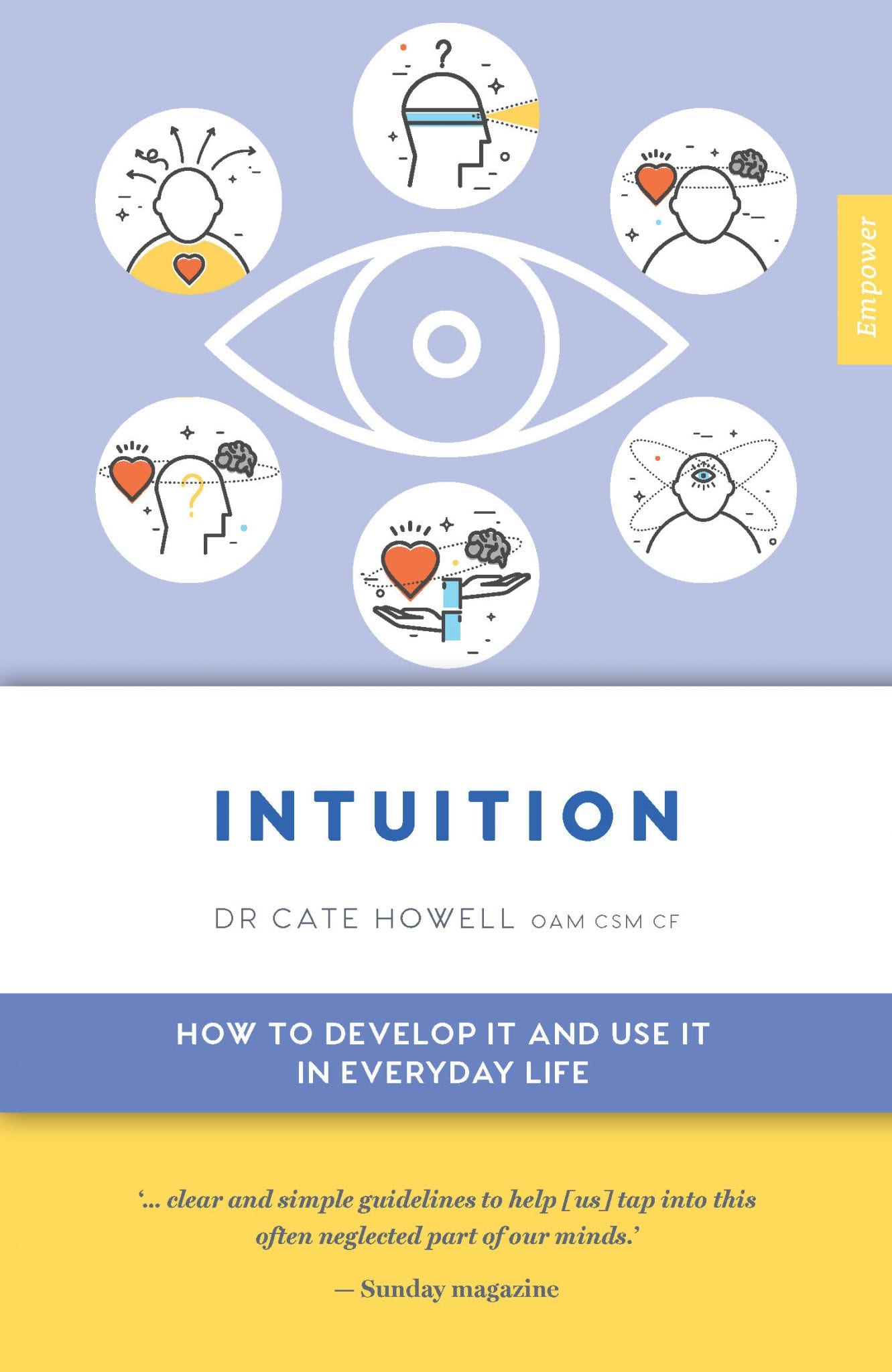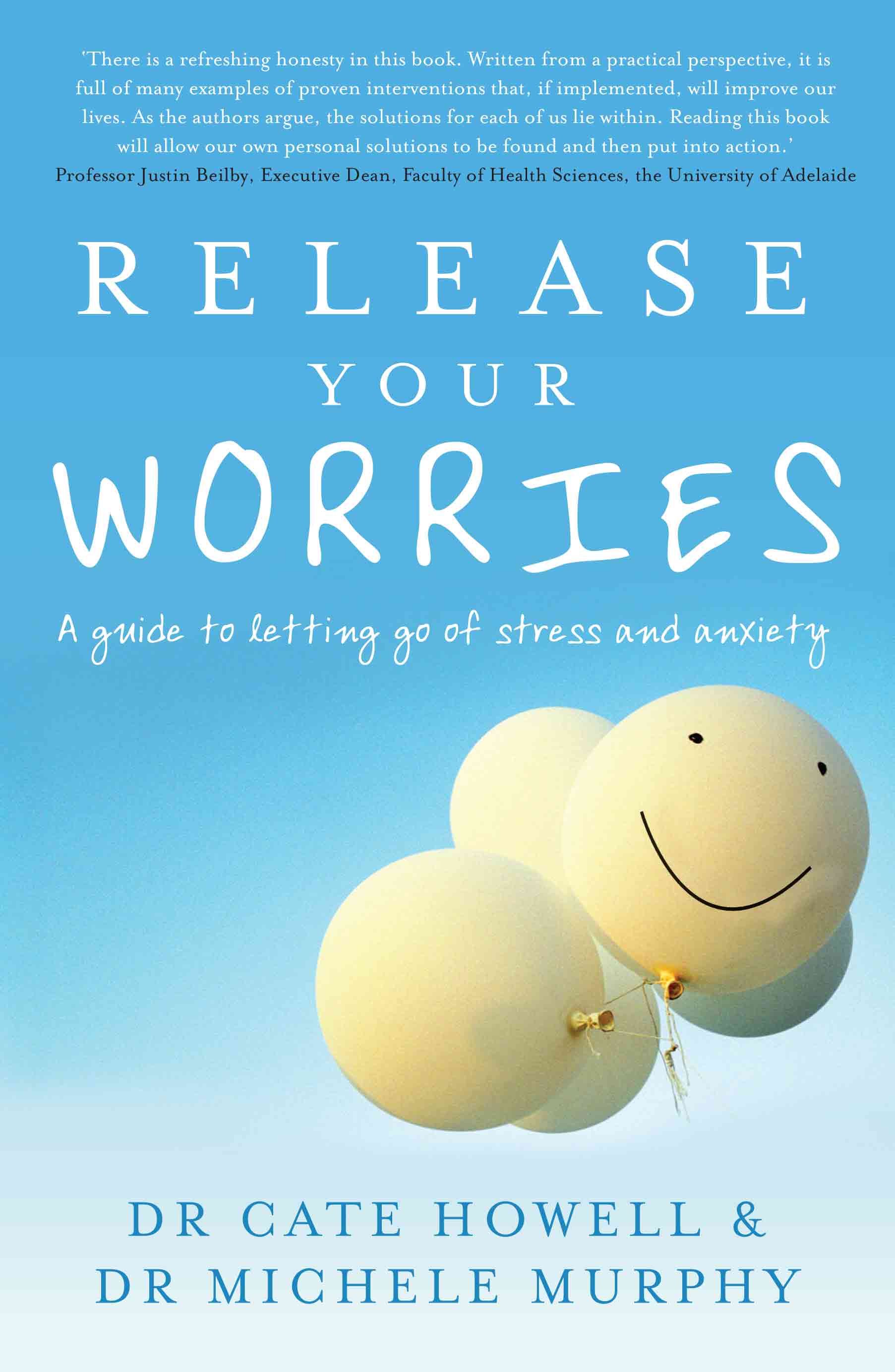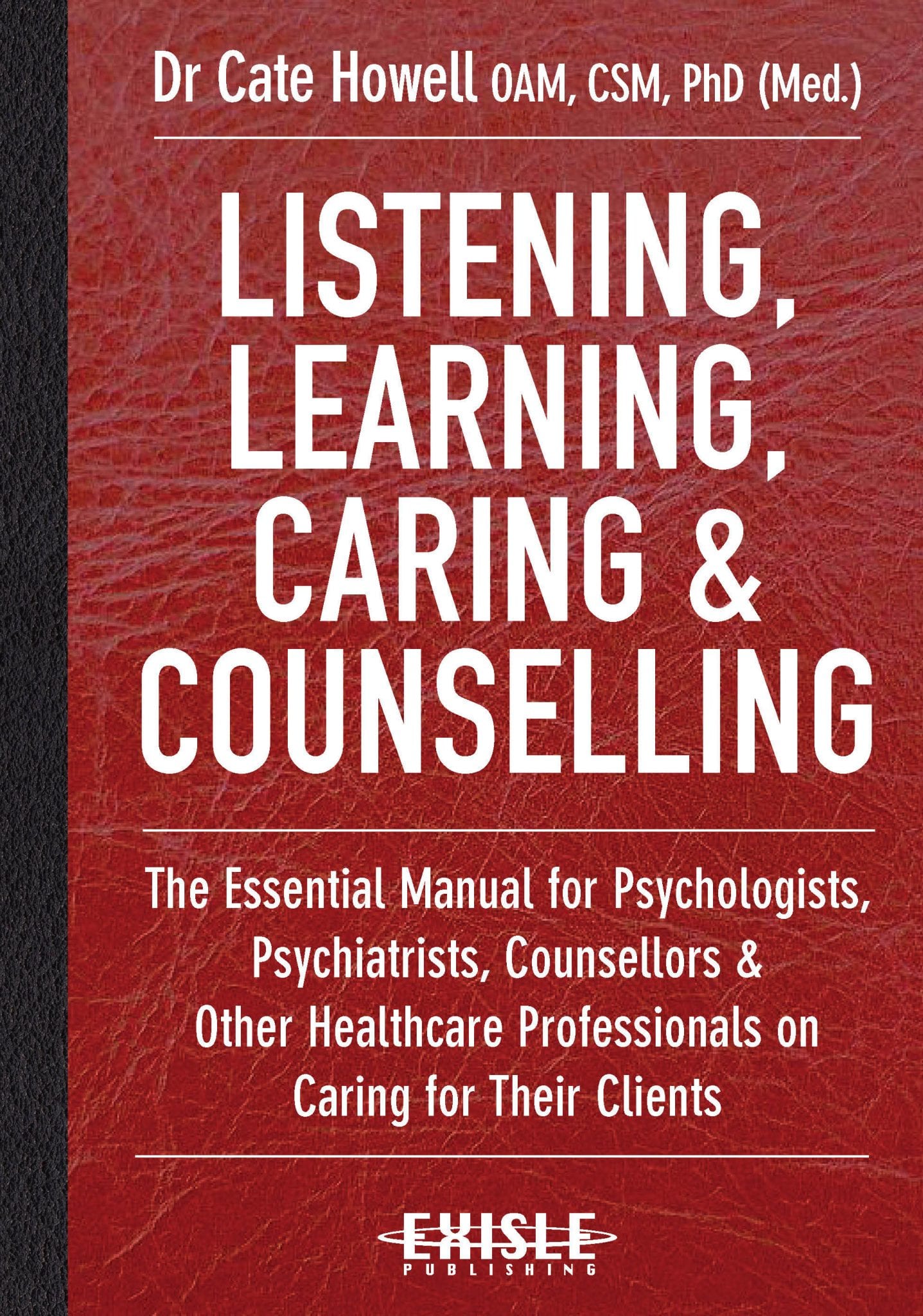AUD $34.99 Tax IncludedAdd to cart
A guide to help every woman at every age overcome life’s challenges, improve mental health and wellbeing, and flourish!
Dr. Cate Howell’s new book, The Flourishing Woman addresses many topics that are highly relevant to adult women, including why women often put themselves last; ways to overcome stress, overwhelm and anxiety; reproduction, menopause, and mental health; and managing parenthood challenges and relationship issues. Other topics include the impact of trauma and physical illness on mental health, and strategies to manage these impacts; and how to silence self-criticism and grow self-worth.
Above all, The Flourishing Woman is a guide to fostering our mental health and wellbeing, which includes getting in touch with our authentic selves, feeling connected, growing as a person (even at times of challenge), and finding a sense of purpose and meaning. In other words, flourishing!
This unique mental health and wellbeing guide is on shelves this month, and to celebrate we’re sharing a summarised extract from Chapter 2: The Foundations of Mental Wellbeing and Flourishing. Keep reading to start building your own foundations.
Disclaimer: The following extract from The Flourishing Woman has been summarised for this post, and does not reflect the true depth of information covered in this single chapter, or the book as a whole. There will be a complete list of topics covered in this book at the end of the extract.
Extract: Ten steps towards mental health and wellbeing
(from Chapter 2 of The Flourishing Woman)
-
1. Raise self-awareness and identify what to focus on.
Often, writing enables you to express what is troubling you and leads to new insights. Consider using the journal to write freely about what is happening, or not happening, and any related feelings. Or write a list of the main issues that have come to light and add to it as other issues become apparent. You might also try talking with a trusted family member or friend, or a doctor or therapist to help identify any troubling issues. The ones needing attention more urgently can then be prioritized.
-
2. Be mindful of your emotions.
To understand more about emotions: Be mindful and connect with how emotions show up in your body. Where do you feel them? What do they feel like? Recognize how they relate to your thoughts and behaviour. A lot of our distress comes from attempting to suppress or avoid uncomfortable emotions. However, developing awareness, rather than trying to avoid emotions, is the basis upon which we can work with them. This involves mindfulness, as we are not judging the emotions as ‘good or bad’, simply observing them.
-
3. Choose some intentions or goals.
Once you have identified any aspects of your mental health and wellbeing that you want to work on, or any troubling issues, the next step is to choose some related intentions or goals. The ‘why’ or the reasons for working on the goal often relate back to your value or what is important to you in different areas of your life. Keep the ‘why’ in mind and keep things very simple. Take very small steps and celebrate when each step is achieved!
-
4. Attend to your physical health, lifestyle, and self-care.
Our physical health is central to flourishing. And when our mental health and wellbeing is challenged, it is important to make sure there are no underlying physical problems that may be contributing. This is why seeing a doctor regularly for a check-up is recommended; and remember that a check-up can include checks on emotional wellbeing too. It is important not to underestimate the benefits of lifestyle and self-care to our mental health and wellbeing. There is evidence that healthy nutrition and sleep, and regular physical movement benefit our bodies and minds. They can actually foster new brain cell development and optimal brain functioning.
-
5. Connect with others
As humans, we all need connection with other people. Some people need a great deal of connection while others prefer more limited connection, depending on our personality style. Spending time with or speaking with a trusted person, like a partner, family member or a good friend, is really valuable to our mental health and wellbeing. It helps us feel connected and contributes to a sense of belonging. We can connect with friends or via educational pursuits, community groups, creative or sporting activities or through social media or online forums.
-
6. Tap into talking therapies (to manage thoughts, feelings and behaviours).
Therapy is based on talking to someone who is trained and skilled, who can help us to understand what is going on in our life. Talking therapies help us utilize our own resources, address any issues and make changes to our thoughts, feelings and actions. When seeking help from a therapist, make sure they have sound training, are professional in their approach, and you feel comfortable talking with them. A doctor or relevant professional organizations can help you locate an appropriate therapist.
-
7. Know and use your strengths.
Society tends to hold ideas about what female strengths ‘should’ be (e.g. being kind and caring rather than assertive or showing leadership), and these ideas influence us to take on these traits. Some of these ideas are not always helpful — for example, self-sacrifice can come with cost. However, strengths can be remarkably broad and include assets such as creativity and humour. Identifying and using your own strengths can help you feel more content.
-
8. Explore self-compassion, meaning and purpose.
Self-compassion means that we are kind and understanding towards ourselves when we are having a difficult time, instead of criticizing and judging ourselves harshly. Nurturing ourselves via self-compassion gives pleasure and enables us to lift our own spirits. It is associated with happiness, optimism, wisdom, curiosity, and emotional intelligence. It can also help us deal with pain and help relationships. One of the reasons self-compassion can do all of this is that it activates the soothing and calming parts of the nervous system (the ventral vagal system).
-
9. Enjoy meaningful activities and practise gratitude.
Life is about doing: The key is finding activities you enjoy and find meaningful. Take a few moments to reflect on your values, such as family and friends, intimate or partner relationships, work and finances, education or personal growth, health and fitness, leisure, the community or environment, and spirituality. Consider activities in these areas that are meaningful to you and make a note of them in your journal. Would it be worthwhile setting some intentions around doing more of them in the journal?
Practise gratitude regularly: Research has shown that you only need to tap into gratitude once a week to have a positive effect on mood. So, once a week practise gratitude by writing down three good things that have happened, no matter how small. -
10. Consider complementary therapies or medication (if needed to address a mental health issue).
Complementary therapies are often used and can be of assistance. However, it is often presumed complementary treatments are fully safe, but there may be potential risks. Herbal medicines or supplements can have side effects and interactions with other medicines, so always discuss their use with a qualified healthcare practitioner before taking any complementary medicines.
We are not going to discuss pharmaceutical medication in detail, but here are some guidelines:
- When there are very troublesome issues with mental health (e.g. moderate or severe symptoms), there may be a place for medication.
- However, make sure a ‘whole person’ approach is being taken. In general (unless an illness is severe), we start with information, address lifestyle and self-care, and utilize talking therapies.
- When there are significant symptoms, including suicidal thoughts, help should be urgently sought (see Chapter 7).
- Medication should not be the only treatment. Better long-term outcomes occur when talking therapies are also used.
Grab a copy of The Flourishing Woman if you want to delve deeper into the points listed above or find out more about; Silencing self-criticism & enhancing self-belief, taming stress and anxiety, adapting to change and challenge, overcoming depression and distressing emotions, dealing with other emotions and self harm, managing menopause, hormonal and reproductive issues, dealing with relationships and parenting, the impact of abuse and trauma. navigating later life.
AUD $34.99 Tax IncludedAdd to cart


